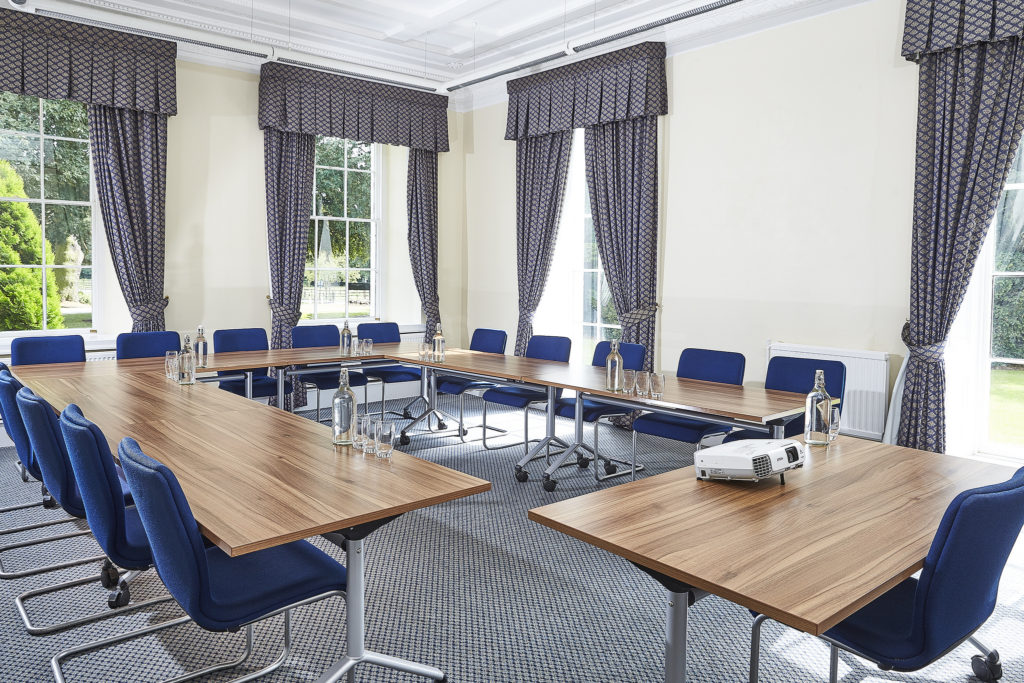
Why meetings go wrong (and how to avoid it)
We’ve all been there. Boring meetings, stuffy room, brain wandering to all the things you could be getting done right now. A massive waste of time and a kick to employees’ morale. Here are all the reasons why your meetings could be going wrong, and how to make it right.
Meeting not needed
The first one is simple. In this modern era of Skype, email and phone calls, some meetings simply aren’t needed. They pull everyone away from work they need to do and cause a disruption to the day. Before calling a meeting to ensure that there isn’t another way the information can be passed on effectively.
Poor leadership
No one wants to be led by someone who seems as clueless as you are as to why they’re there. Before the meeting set up an agenda and ensure you know what you’re talking about and why. Set up clear points and allow time for discussion and questions. Ensure you come across as engaged and confident and this will reflect on your audience. You also can’t go wrong with a smile and eye contact.
Uncomfortable environment
The venue of the meeting is almost as important as the content within it. Be sure the room is suited to the number of people you are hosting. Too small and it will be cramped and stuffy, but too large and it will feel like a ghost town, disengaging the audience. Gauge the temperature outside and ensure there are windows and air-con or a heater available to keep people comfortable. Glasses of water and cups on the table ensure everyone stays hydrated and focused throughout and shows you care about your audience. If this is your own office space it should be a top priority to have decent quality chairs so everyone can settle down and concentrate.
Top tip; our meeting rooms Nottingham come fully equipped with AV technology, air-con and a refreshments station!
Unneeded guests
Before sending out the memo, consider who really needs to be there. Inviting people who have no relevance to the discussion just makes the room cramped and promotes a mood of boredom. Make sure everyone in your meeting has input to the discussion and will take something away at the end.
Too long
It almost goes without saying but a meeting that drags on is never a good idea. Even if you have a lot to cover, consider splitting into two meetings or having a refreshment break in the middle to revive people and prepare them for the next part. From a business point of view, this helps everyone stay focused on all the topics, and not just the ones covered at the beginning.
No goal
Anything worth doing has some sort of end game, so ensure you’re meeting has a universal goal which will be achieved. A decision, information or discussion are all relevant things you can strive to achieve, just make sure by the end everyone feels as though there’s something ticked off. It will promote something to strive for during the meeting and afterwards everyone will feel that sense of productivity and motivation.
Go back to other articles


